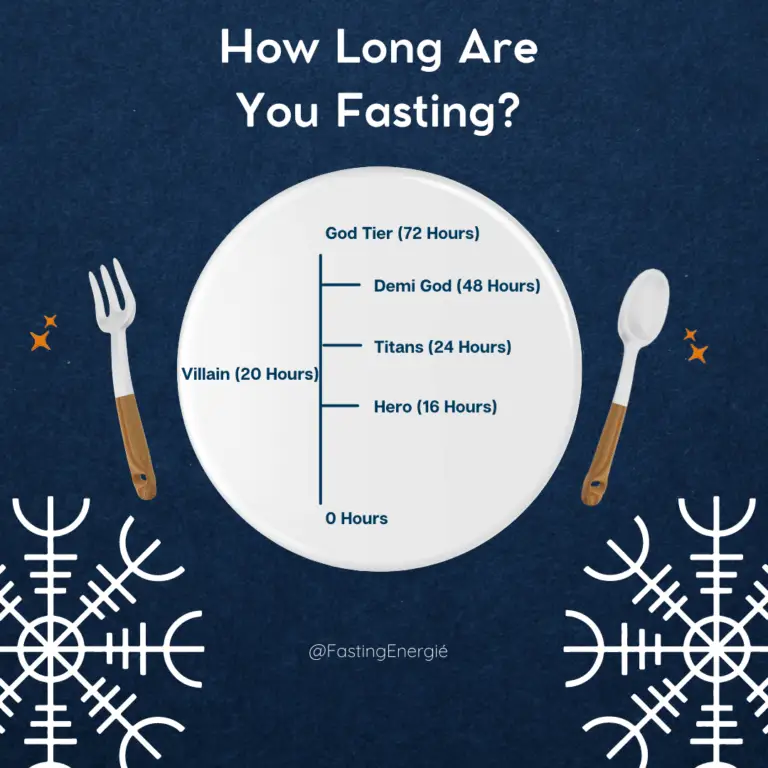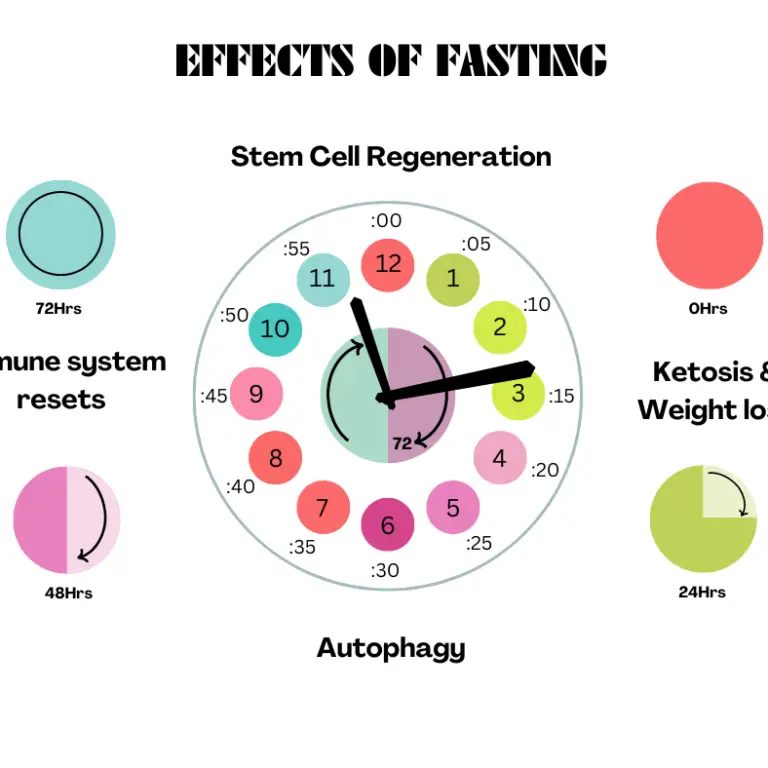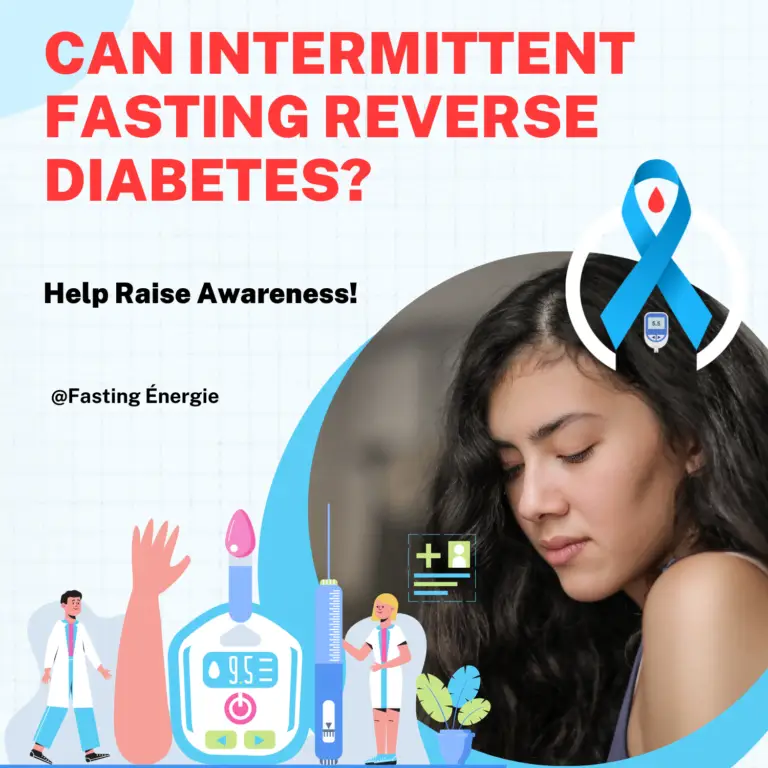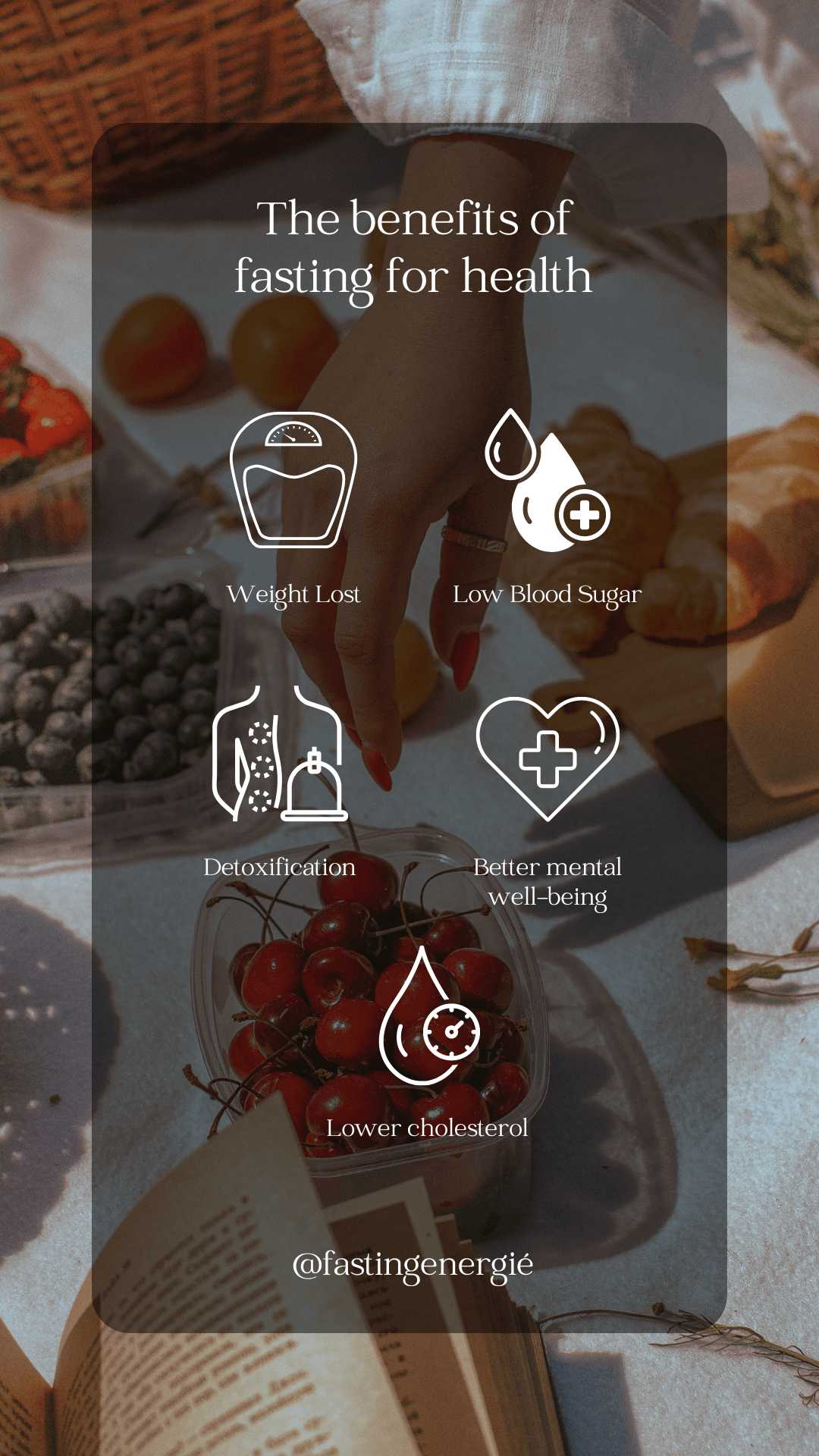Revealed: How Intermittent Fasting Triggers Autophagy and Transforms Your Health!
Table of Contents

Introduction
What is autophagy?
Autophagy is a fundamental biological process in which cells break down and recycle their own components. The name literally means “self-eating,” which properly depicts how cells tear down damaged or superfluous pieces in order to reuse them for energy and the production of new cell parts. This process is essential for cellular cleaning and maintenance, as it aids in the removal of damaged proteins, organelles, and pathogens.
An overview of intermittent fasting
Intermittent fasting is a dietary strategy that alternates between periods of eating and fasting. It does not prescribe specific foods, but rather focusses on when you should eat. This way of eating has grown in popularity because to its numerous health benefits, including weight loss, enhanced metabolic health, and, most crucially, its function in promoting autophagy. There are various prominent intermittent fasting approaches, including the 16/8 method (fasting for 16 hours and eating within an 8-hour window), the 5:2 approach (eating normally five days a week and limiting calorie intake on two non-consecutive days), and the more rigorous 24-hour fast.
Understanding autophagy
The biological process of autophagy
Autophagy consists of multiple successive stages that maintain cellular integrity and homeostasis:
- Initiation: Cellular stress or hunger triggers autophagy. This is due to nutrient deficiency, which fasting frequently causes on purpose.
- Nucleation: Autophagosomes form around fragments of cellular trash or defective components.
- Expansion and Completion: The autophagosome engulfs the trash and merges with a lysosome to produce an autolysosome.
- Degradation: Lysosomal enzymes degrade the contents of the autolysosome into basic biomolecules, which are then recycled back into the cell for energy and cellular component production.
The Role of Autophagy in Cellular Health
Autophagy is essential for the health and function of cells.
- Quality Control: Autophagy eliminates damaged organelles and misfolded proteins, preventing their accumulation, which can lead to cellular malfunction and disease.
- Stress Response: Autophagy helps cells survive harsh conditions by recycling cellular components and giving nutrients and energy.
- Disease Prevention: Autophagy dysfunction has been associated with a variety of illnesses, including cancer, neurological disorders, and infections. Autophagy, when properly regulated, can guard against these diseases by maintaining cellular and immune homeostasis.
Intermittent Fasting and Its Connection to Autophagy
How Fasting Initiates Autophagy
Fasting is a powerful trigger for autophagy because it puts cells under stress from nutritional shortage. When the body detects a decrease in external nutrient availability, it adjusts internal activities to preserve resources. This shift entails activating pathways that promote autophagy, which allows cells to efficiently recycle damaged or unneeded components while maintaining energy production. Fasting reduces the amounts of insulin and amino acids, which normally impede autophagy. Autophagy is sped up when these inhibitors are reduced, especially when insulin-like growth factor 1 (IGF-1) is blocked and AMP-activated protein kinase (AMPK) is turned on.
The Timing and Triggers of Autophagy During Fasting
Autophagy in reaction to fasting normally begins within several hours after food deprivation, but the exact timing varies depending on the individual’s metabolism and the nature of their previous meal. Prolonged fasting periods, particularly those lasting more than 16 hours, greatly increase autophagic activity. This increase is due to persistently low insulin levels and elevated glucagon levels, which tell the body to begin using stored lipids and cellular debris as energy sources.
Health Benefits of Autophagy
Enhanced Cellular Renewal
Intermittent fasting induces autophagy, which improves cellular rejuvenation. Autophagy stimulates the regeneration of newer, healthier cell components by degrading old, damaged, or malfunctioning cell elements. This process is critical for cellular health and functionality, as it reduces the accumulation of cellular waste, which can contribute to degenerative illnesses.
Reduced Inflammation and Disease Prevention
Autophagy controls inflammation by removing inflammatory cytosolic components and modulating the inflammatory response at the cellular level. This can lessen the chance of developing chronic inflammatory disorders like arthritis, heart disease, and some malignancies. Furthermore, by eliminating damaged organelles and misfolded proteins, autophagy helps to prevent cellular damage-related illnesses such as Alzheimer’s and Parkinson’s.
Longevity and Anti-aging effects
One of autophagy’s most well-known benefits is its anti-aging effect. Autophagy helps to prolong cell life and can increase the lifespan of the entire organism by preserving cellular integrity and function. Studies in model species have demonstrated that increasing autophagy leads to longer lifespans and better health, implying that comparable benefits may exist in people. Autophagy also reduces the buildup of damaged DNA and proteins, which are characteristic of the ageing process.
Optimising Autophagy with Intermittent Fasting
Intermittent fasting is a deliberate eating strategy that can dramatically improve autophagy, the body’s natural process of removing damaged cells to produce newer, healthier cells. Understanding how to optimise this process using various fasting strategies can have a significant impact on autophagy’s effectiveness and overall health advantages.
Best Fasting Practices to Promote Autophagy.
- Begin gently: For individuals new to intermittent fasting, it is critical to start gently. Starting with shorter fasting periods, such as 12 hours overnight, and gradually increasing the time can help the body acclimatise without causing unnecessary stress, boosting long-term autophagy without exhausting the system.
- Consistency is Key: A regular fasting schedule allows the body to modify its metabolic processes, including autophagy. Consistent fasting intervals instruct the body to undergo autophagy at predictable periods, which optimises cleaning and recycling processes.
- Stay Hydrated: Staying hydrated is essential during fasting periods. Water is required for numerous cellular functions, including autophagy. Drinking plenty of water can help maintain cellular activity and ensure proper waste elimination.
- Combine Nutrient Timing and Fasting: Eating nutrient-dense foods throughout your eating windows can boost the benefits of autophagy when fasting. Concentrate on foods high in proteins, healthy fats, and antioxidants, which are essential building blocks for cell repair and regeneration.
- Track Your Body’s Response: Pay attention to how your body responds to various fasting durations. Some people may find that longer fasts provide more benefits, while others may find that moderate fasting durations produce superior outcomes. Fasting length should be adjusted based on personal health and energy levels.
Various Fasting Regimens and Their Effect on Autophagy
- Time-Restricted Eating (TRE): Consumes all daily meals within a certain time frame, usually 6-8 hours. This routine is useful in maintaining mild, consistent autophagy, especially when the feeding window closes early in the evening to coincide with circadian rhythms.
- 24-Hour Fasts: Performing a 24-hour fast once or twice every week can dramatically increase autophagy. This approach permits the body to reach deeper degrees of autophagy than daily time-restricted meals because extended fasting intervals offer cells more time to clean up and recycle components.
- Alternate-Day Fasting (ADF): Involves days of no food intake or severe calorie reduction followed by days of normal eating. ADF can provide significant autophagic benefits because the repeated cycle of fasting and eating helps manage the mechanisms involved in cell recycling and repair.
- 5:2 Diet: This strategy, which entails eating regularly five days a week and drastically cutting calorie intake (by 500-600 calories) on the other two days, can also increase autophagy. The two days of calorie restriction are sufficient to commence considerable autophagic mechanisms, eliminating the requirement for full fasting.
- Extended Fasts: Going over 48 hours, which should be done under medical supervision, can result in high autophagic activity. These are commonly prescribed for therapeutic purposes and have a substantial impact on cellular health and longevity.
Practical Tips for Implementing Fasting Safely
Preparing Your Body for Fasting
- Gradual Transition: Begin with shorter fasting periods and progressively increase them to allow your body to adjust without stress.
- Nutritional Support: Before beginning a fast, make sure your diet is high in micronutrients to promote general health. To sustain your body during fasting times, consume a balanced diet rich in macronutrients such as proteins, lipids, and carbohydrates.
- Hydration: Drink plenty of water before, during, and after fasting to aid detoxification and preserve vital physical functioning.
Monitoring Your Health During Fasting
- Keep Track of Energy Levels and Mood: Observe any notable changes in energy, mood, or cognitive function to determine how your body is reacting to fasting.
- Use Health Tracking Apps. Use technology to track your fasting hours, water levels, and even mood and energy swings so you can better understand your body’s responses.
- Regular Medical Check-ups Regular check-ups are especially crucial for persons with pre-existing problems to ensure that fasting does not have a harmful influence on their health.
Risks and Considerations
- Nutritional Deficiency: Long-term fasting without proper preparation can result in deficits. Multivitamin supplements may be required, especially for prolonged fasting periods.
- Hypoglycemia: Blood glucose levels must be monitored closely, particularly in diabetics, to avoid potentially dangerous reductions in blood sugar.
- Social and Psychological Effects: Keep in mind that fasting needs social connections as well as personal discipline, which might be difficult for some people.
Who should avoid fasting?
- Pregnant or Breastfeeding Women: Due to their higher nutritional requirements.
- People with a History of Eating Disorders: Fasting may activate or worsen eating disorder behaviours.
- Those with Certain Medical Conditions: Those who have diabetes, low blood pressure, or chronic conditions should contact with their doctors before beginning a fast.
Managing Possible Side Effects of Fasting
- Dizziness and Fatigue: These can often be mitigated by ensuring adequate water intake and breaking your fast with nutrient-dense foods.
- Irritability and Mood Changes: Regular mild physical activity, such as walking, can help manage mood swings during fasting.
Expert Opinions and Research.
Health Professionals Share Their Perspectives on Autophagy and Fasting
Before advocating fasting, health professionals emphasise the significance of first recognising one’s own health needs and preexisting illnesses. They argue for a personalised approach that maximises advantages while minimising hazards.
Review of Recent Studies on Fasting, Autophagy, and Health Outcomes.
Recent study demonstrates the beneficial function of fasting-induced autophagy in ageing, immune system control, and even cancer prevention, with considerable health advantages shown across varied populations.
Conclusion:
Summary of how intermittent fasting influences autophagy
Intermittent fasting greatly increases autophagy, which promotes cellular cleansing and rejuvenation, potentially leading to better health and lifespan. Understanding how to optimise and properly utilise fasting tactics is critical to realising these benefits.
Encouragement to Try Fasting with Professional Guidance
While the advantages of intermittent fasting and autophagy are obvious, it is critical to adopt this potent health method with prudence. Consulting with health specialists to adapt a fasting strategy to your individual health issues and lifestyle can help you get the benefits of intermittent fasting in a safe and effective manner. Explore this approach to potentially gain significant health and lifespan benefits.
Frequently Asked Questions
u003cstrongu003eHow many hours of fasting does it take to get autophagy?u003c/strongu003e
Autophagy typically starts to significantly increase within 16-24 hours of fasting, depending on individual metabolism and the presence of nutrients in the body.
u003cstrongu003eHow do you know when autophagy starts?u003c/strongu003e
Autophagy is not something you can physically feel, and it’s generally measured in clinical settings through markers like changes in certain protein levels. In everyday settings, it’s assumed based on fasting duration and conditions known to induce autophagy.
u003cstrongu003eDoes autophagy stop when you start eating?u003c/strongu003e
Eating, especially proteins and carbohydrates, can inhibit autophagy as the introduction of nutrients switches cellular energy usage and processing to growth and storage from recycling and repair.
u003cstrongu003eCan you achieve autophagy with intermittent fasting?u003c/strongu003e
Yes, intermittent fasting can induce autophagy, especially with longer fasting windows (e.g., 16 hours or more), as this allows the body to deplete glucose stores and shift into cellular maintenance modes like autophagy.
u003cstrongu003eCan I drink water during autophagy?u003c/strongu003e
Yes, drinking water does not affect autophagy. Staying hydrated is actually encouraged during fasting periods to support overall health and the body’s natural processes.
u003cstrongu003eHow to maximize autophagy?u003c/strongu003e
To maximize autophagy, extend the duration of fasting periods (24 hours or more), reduce protein intake before and after fasts, engage in regular exercise, and manage stress levels, as stress can also influence autophagic rates.
u003cstrongu003eWhat blocks autophagy?u003c/strongu003e
Besides eating, factors that can block or reduce autophagy include lack of exercise, excessive nutrient intake (especially proteins and sugars), and chronic stress which disrupts cellular processes.







